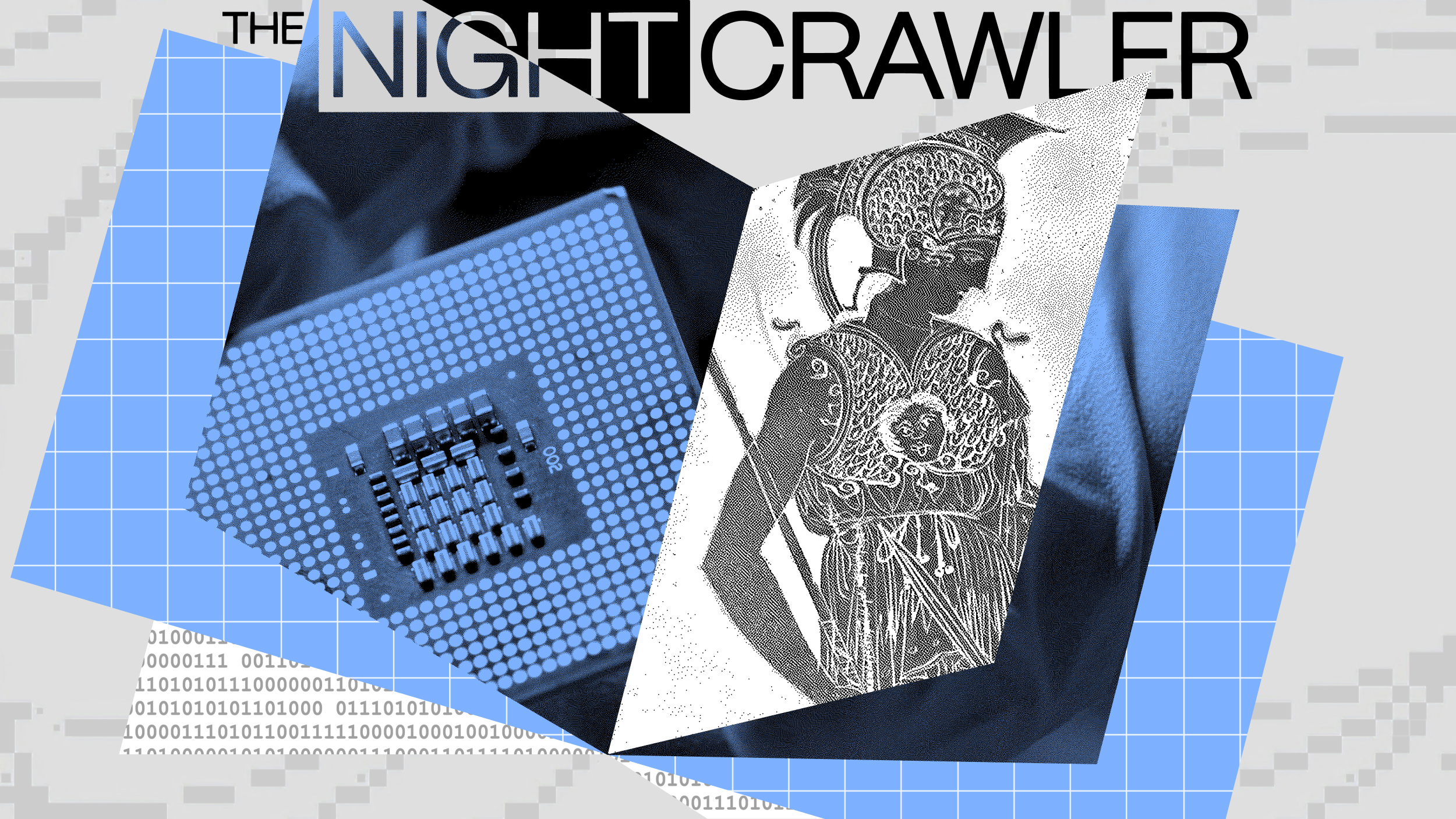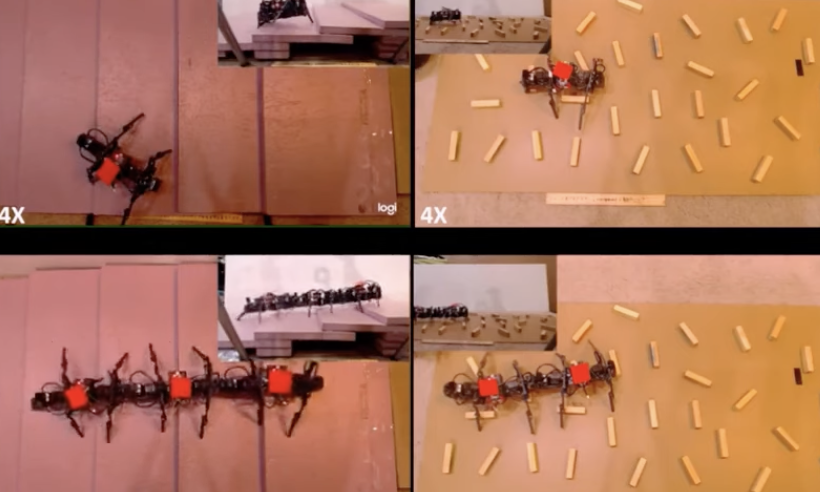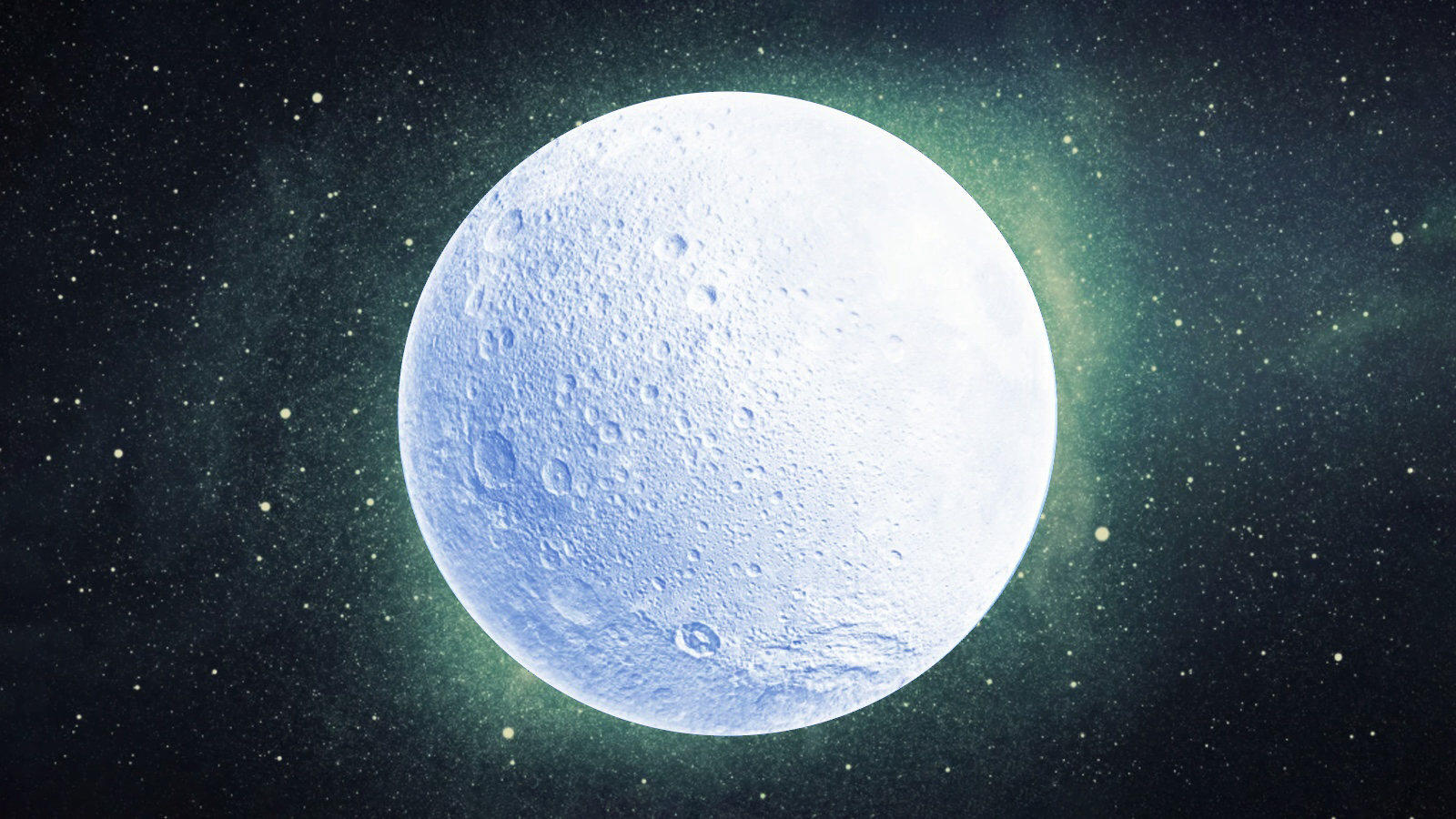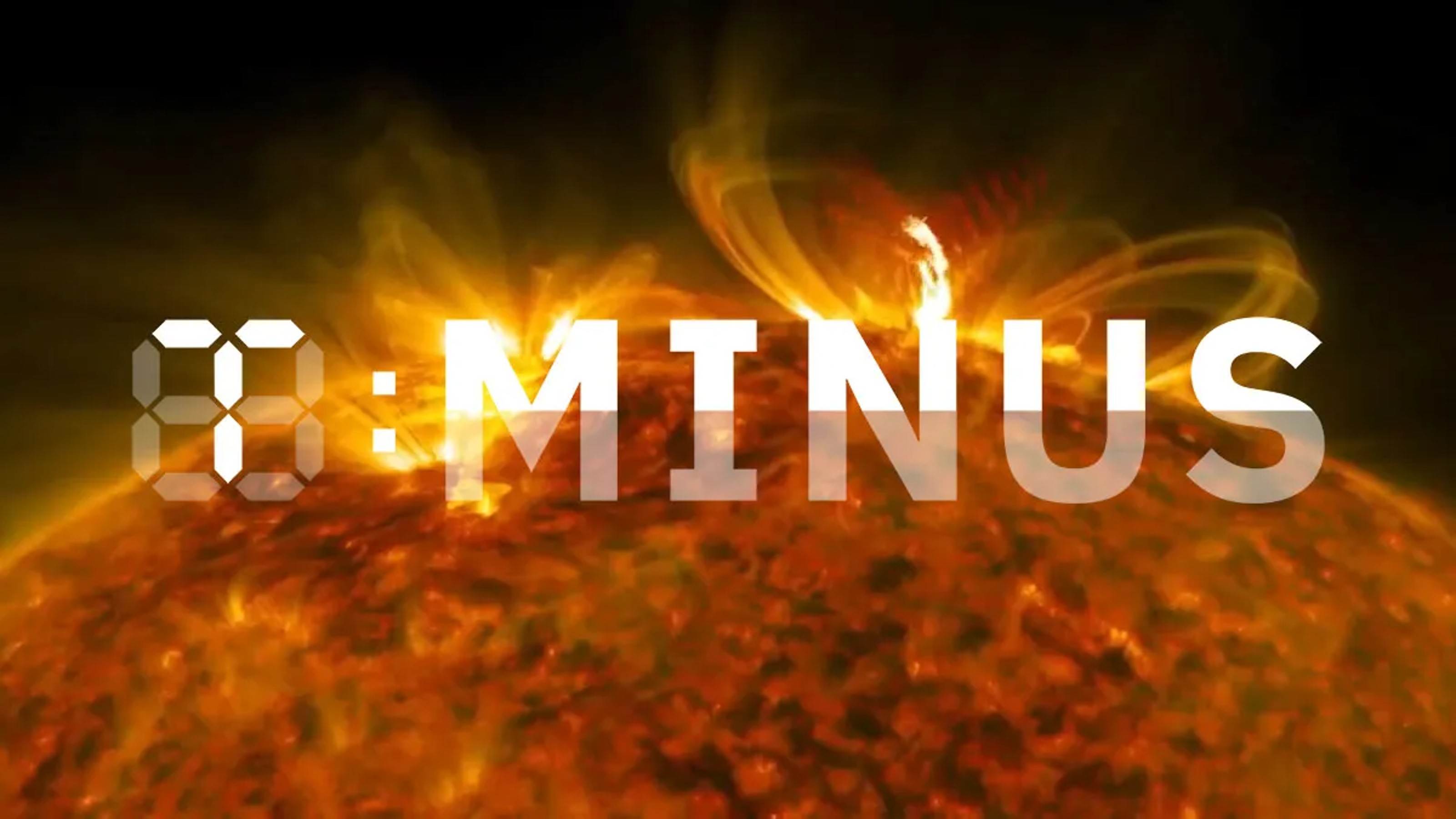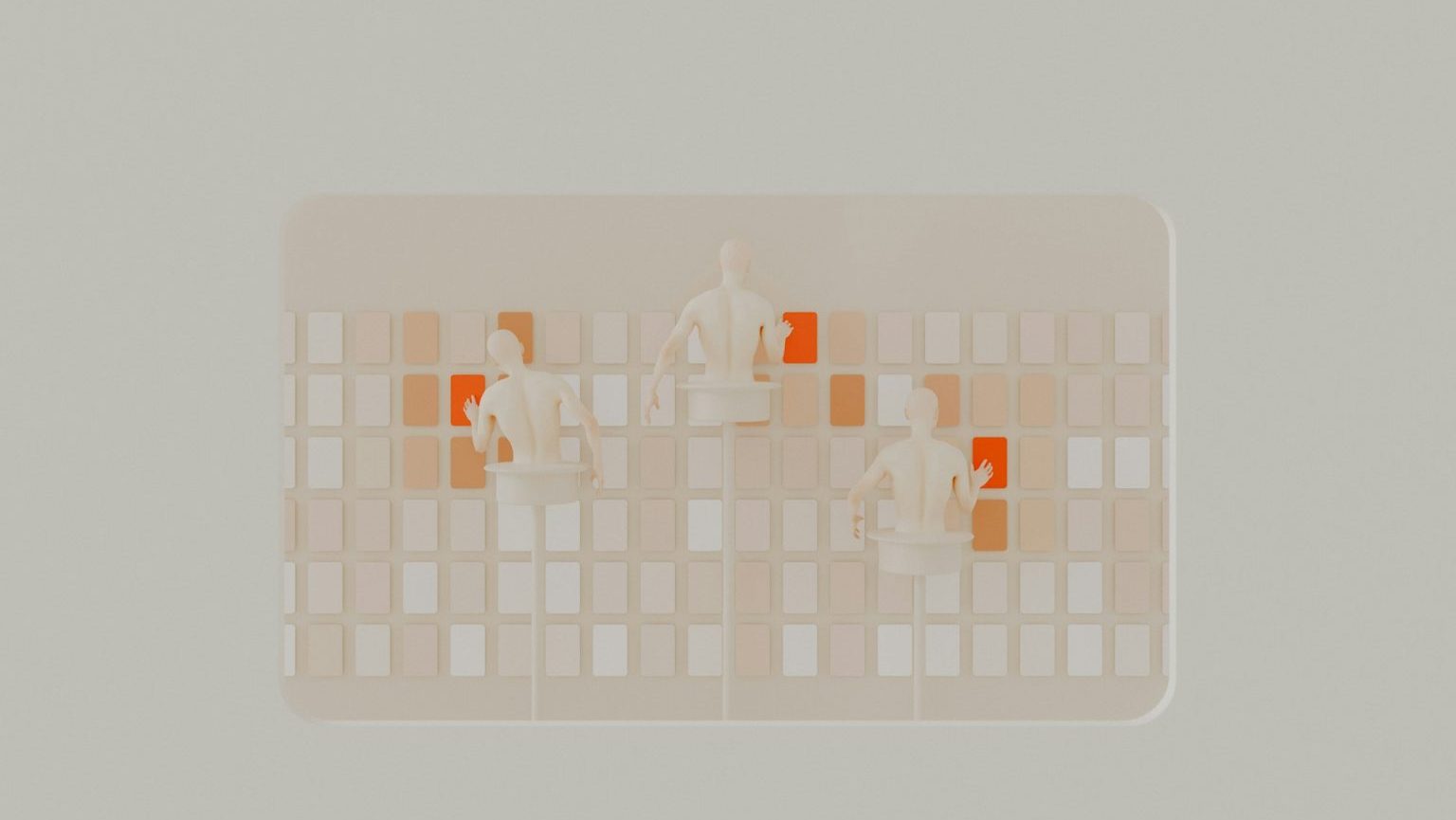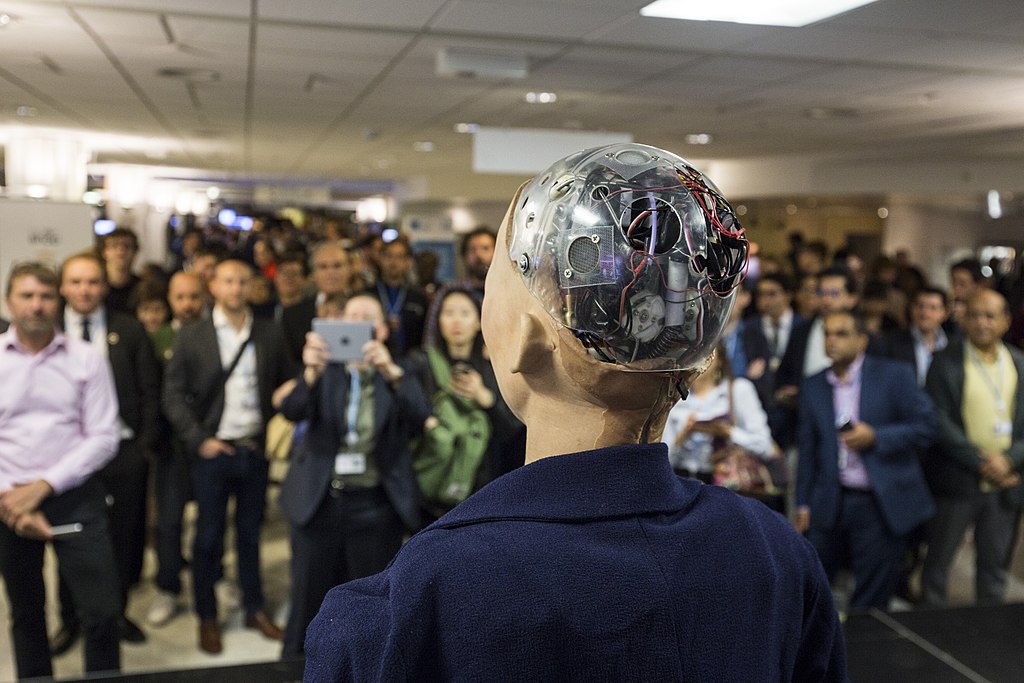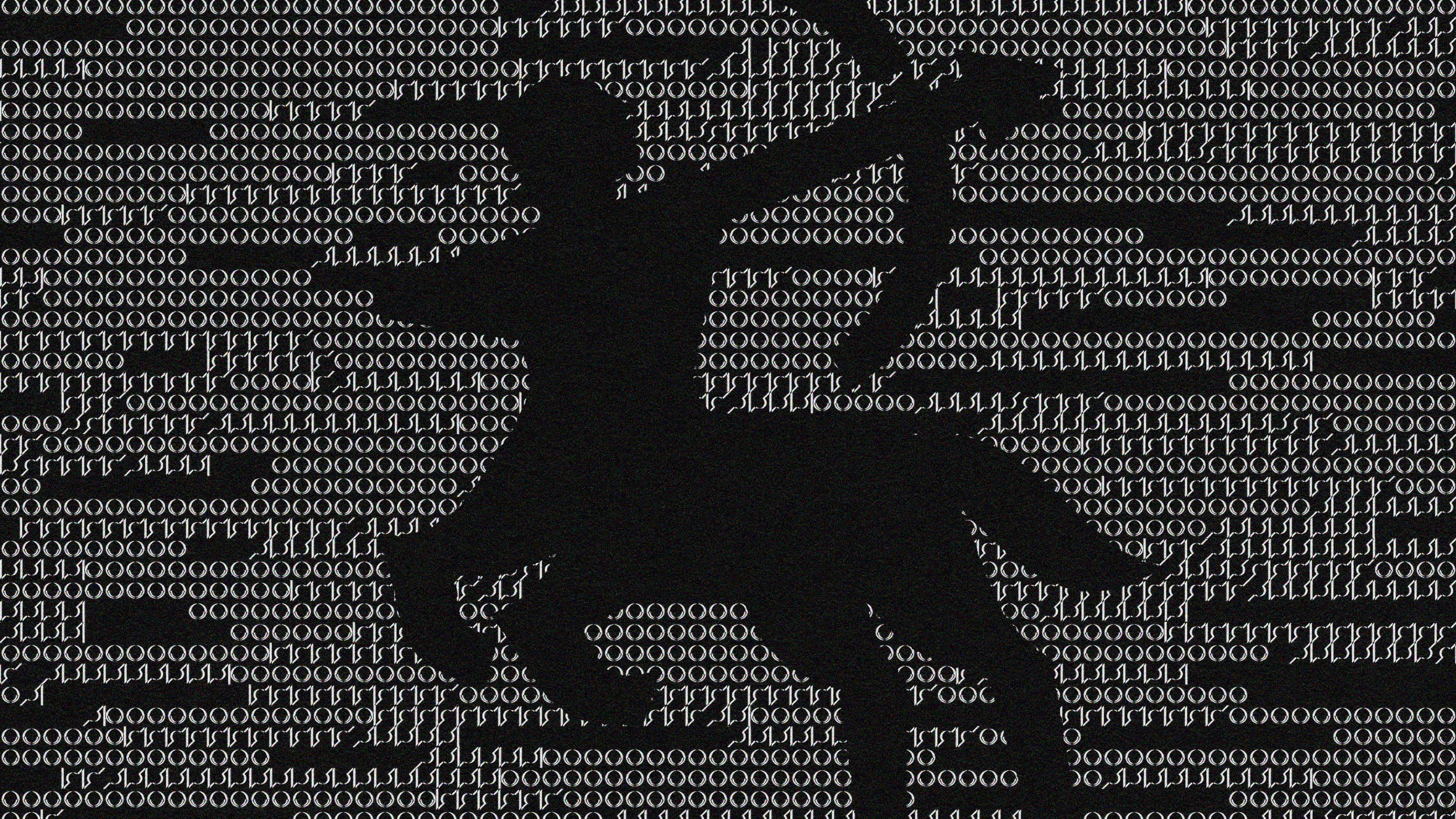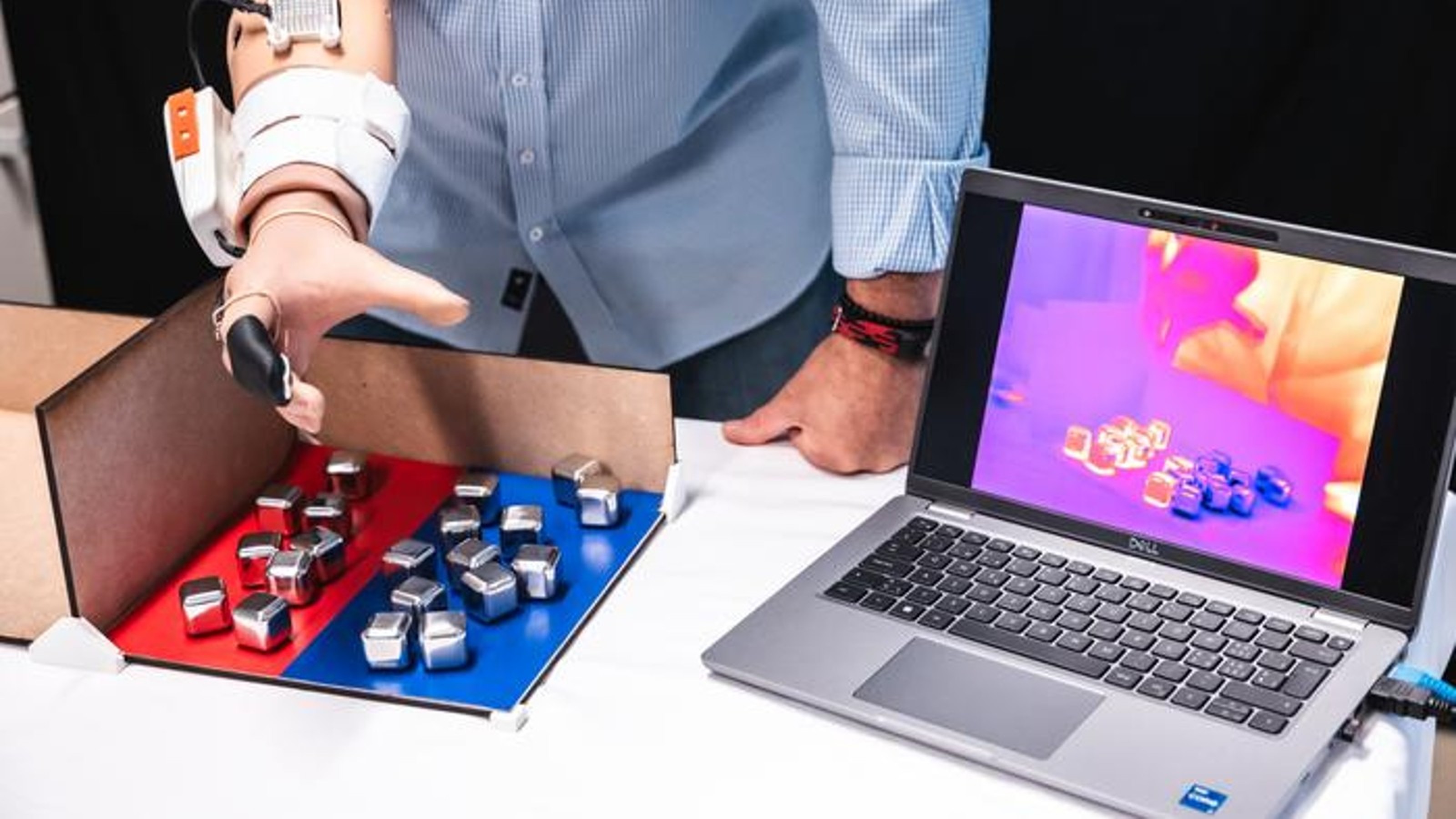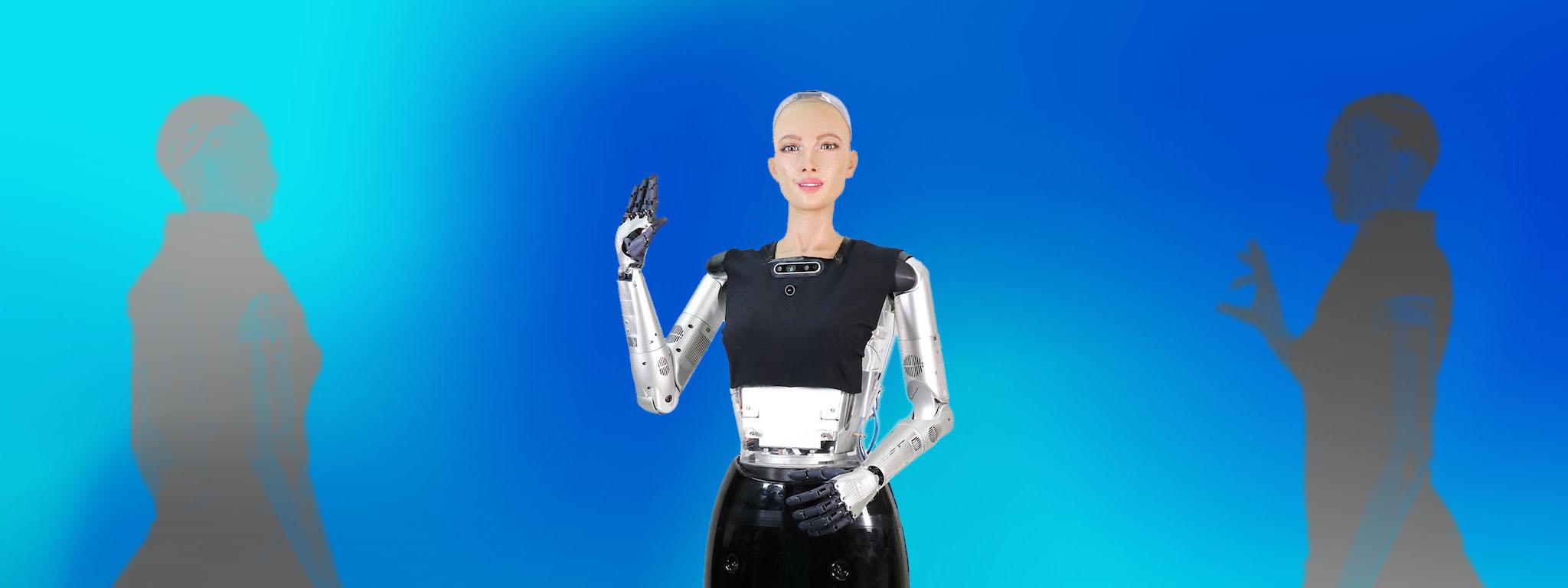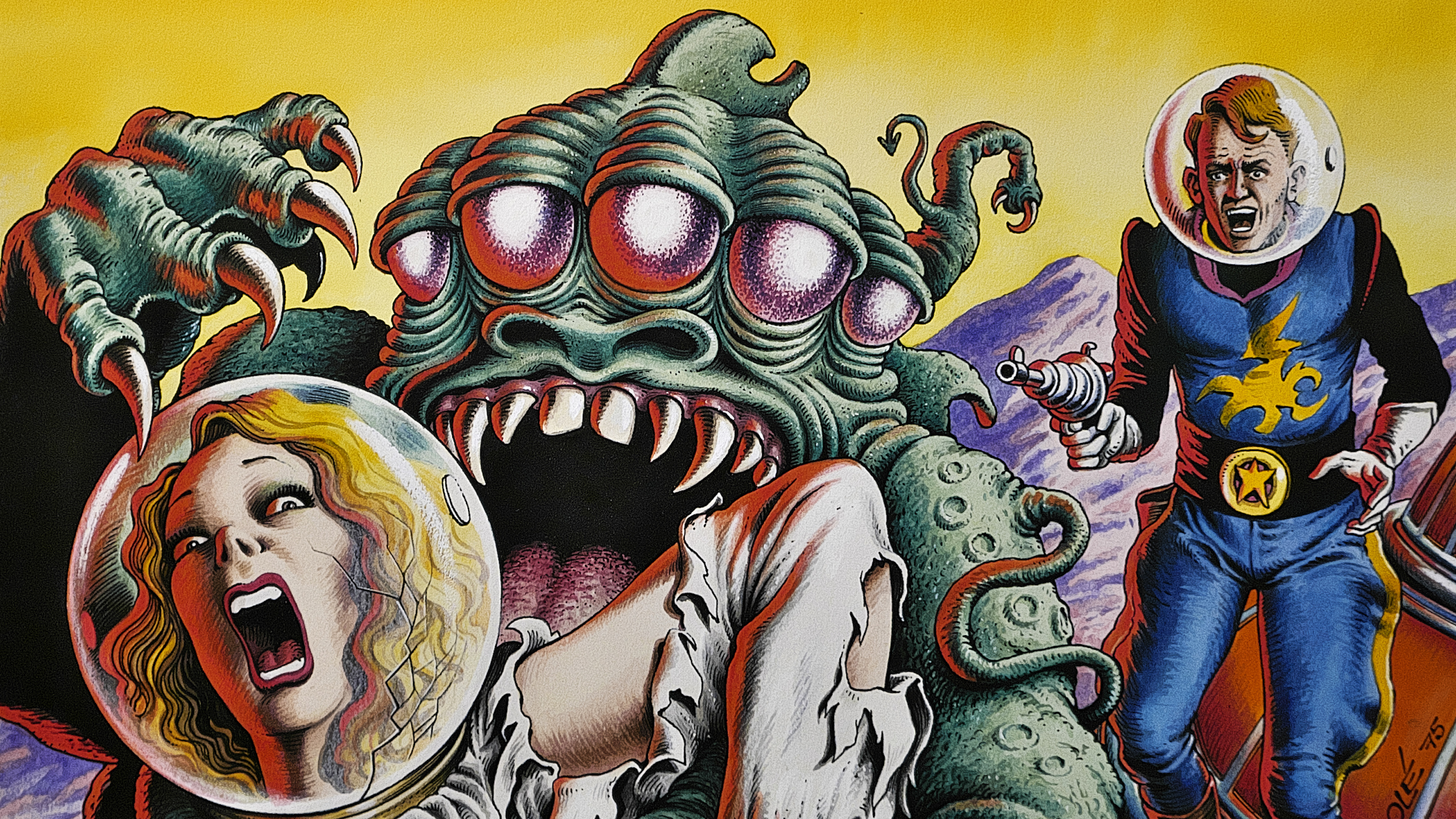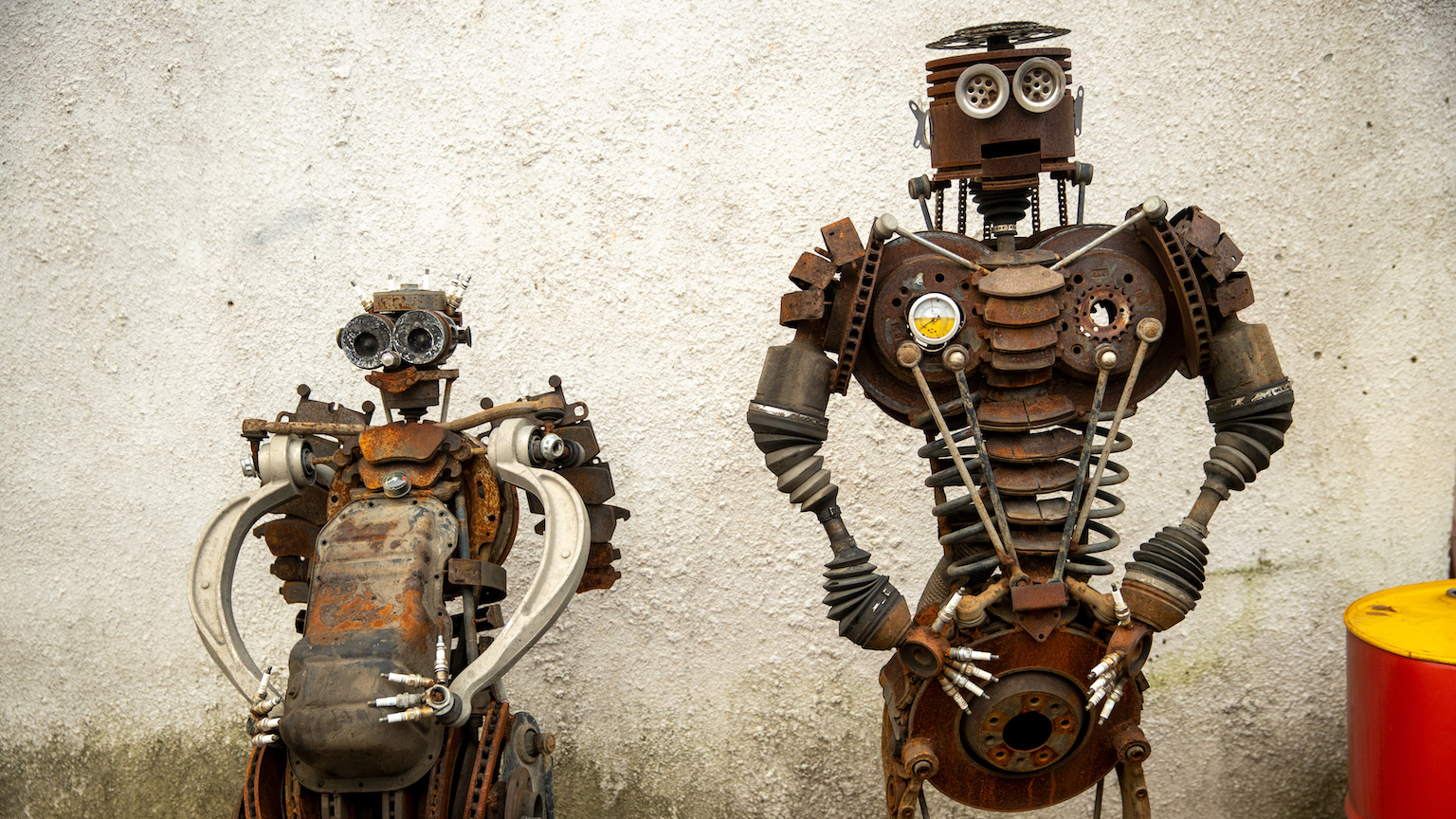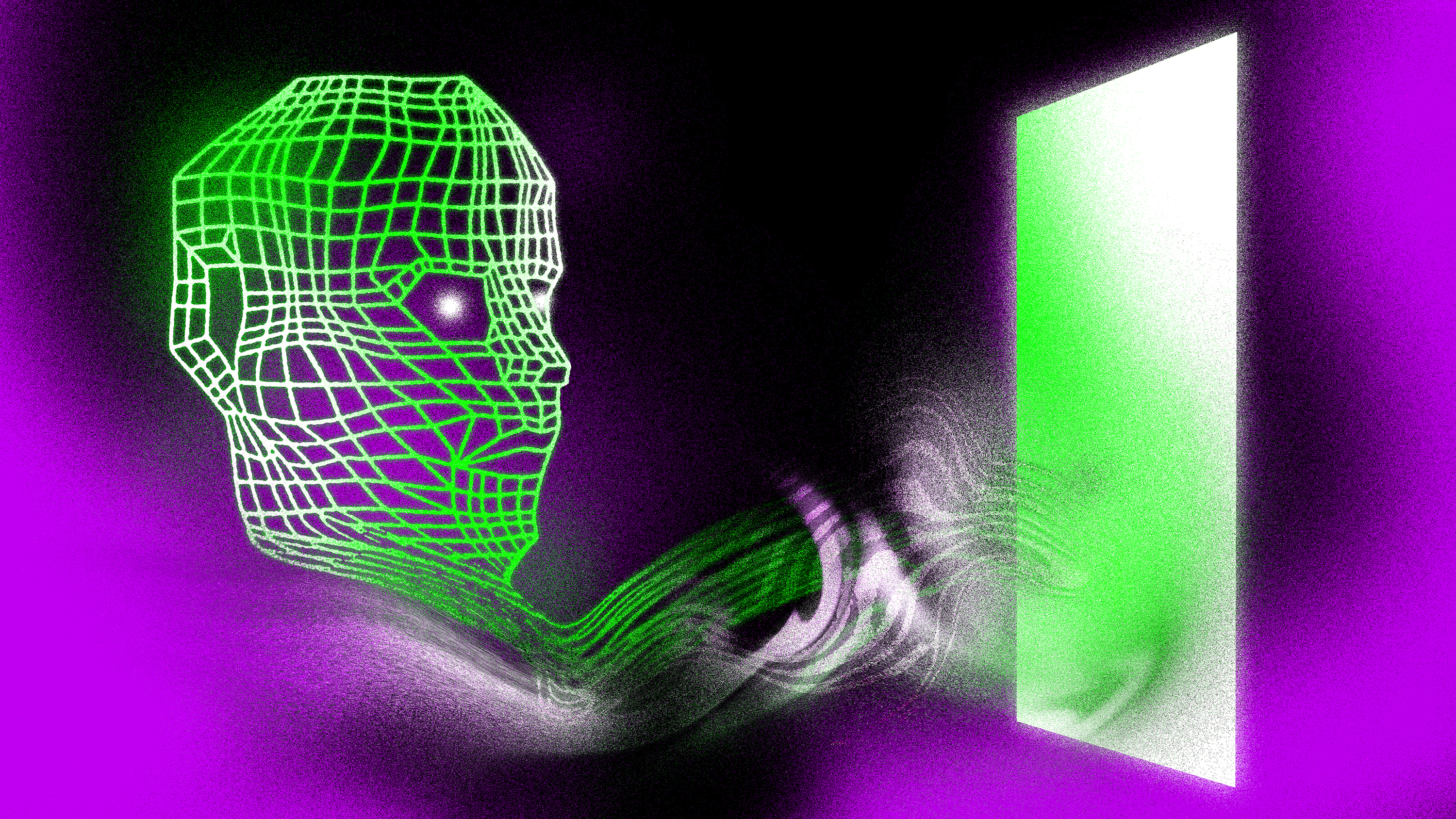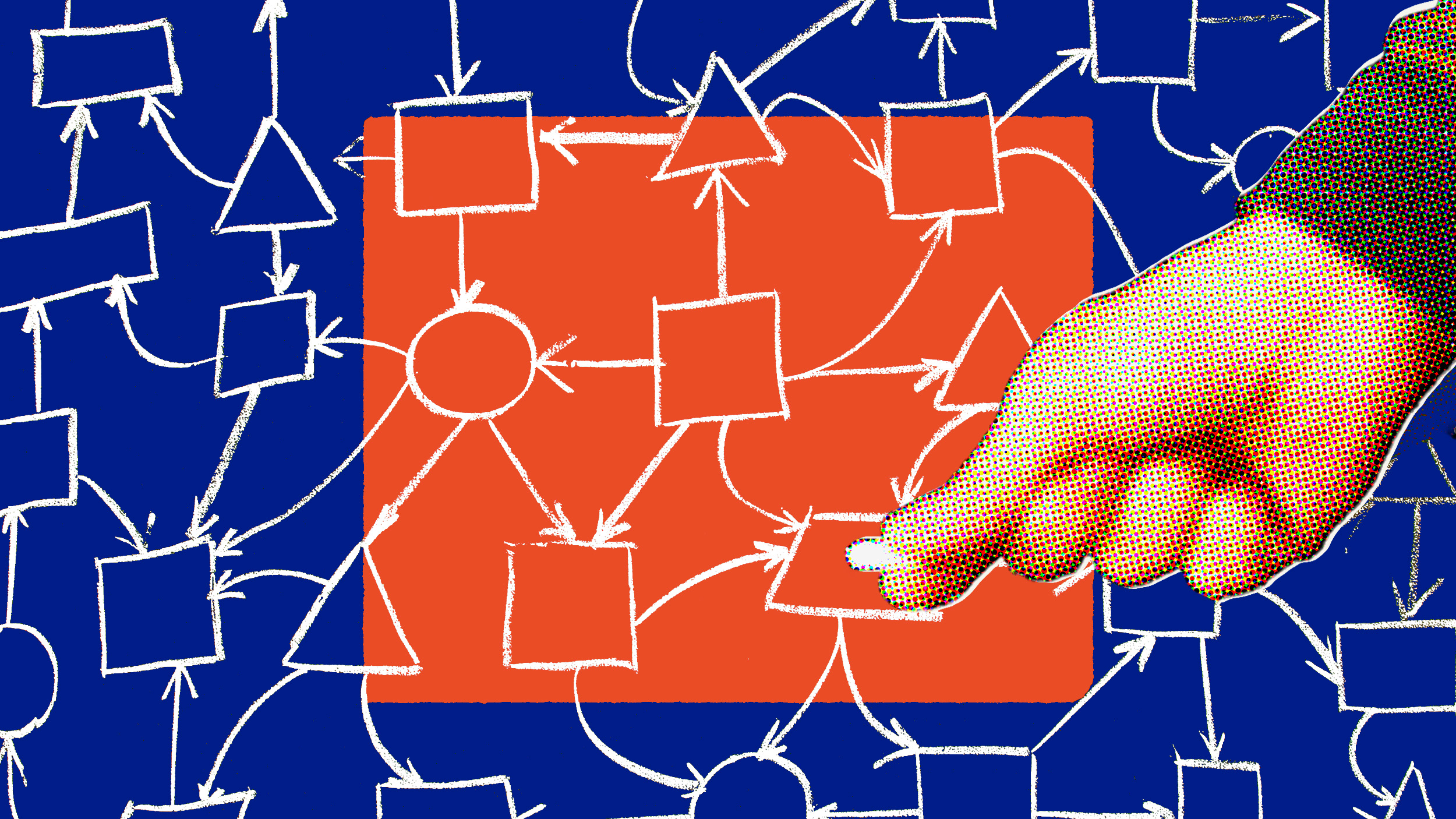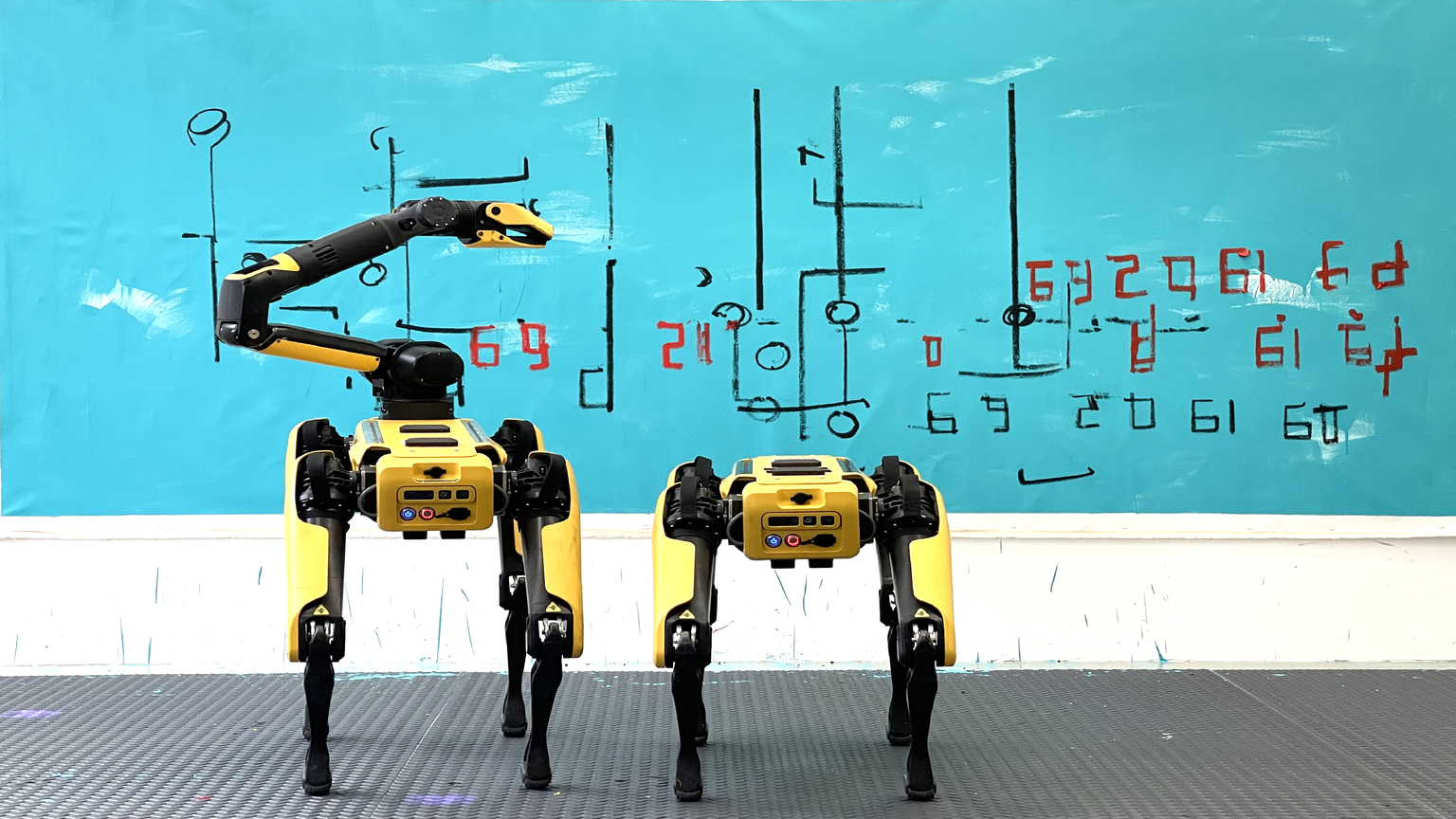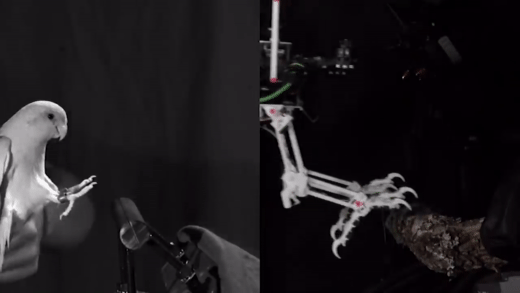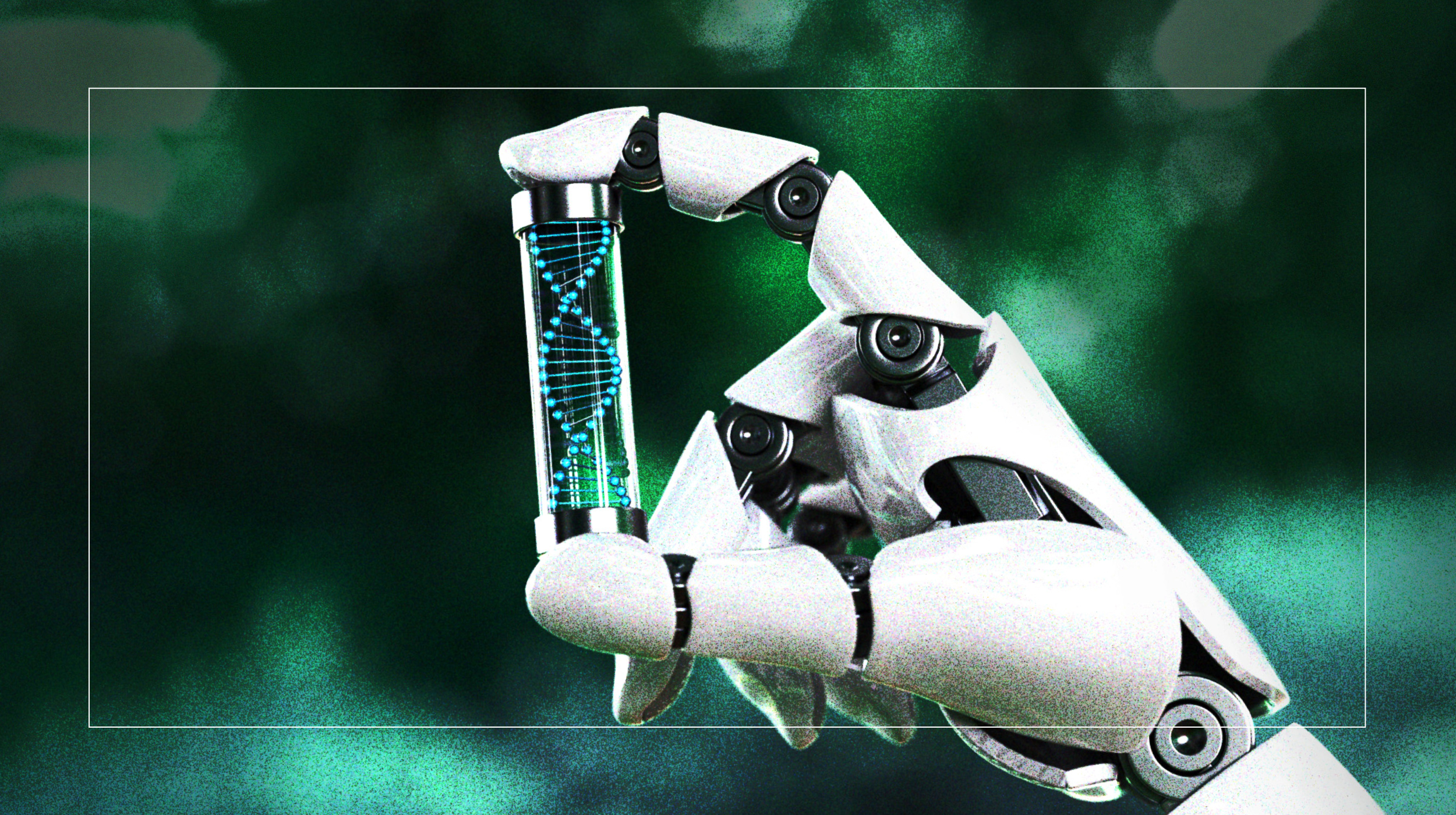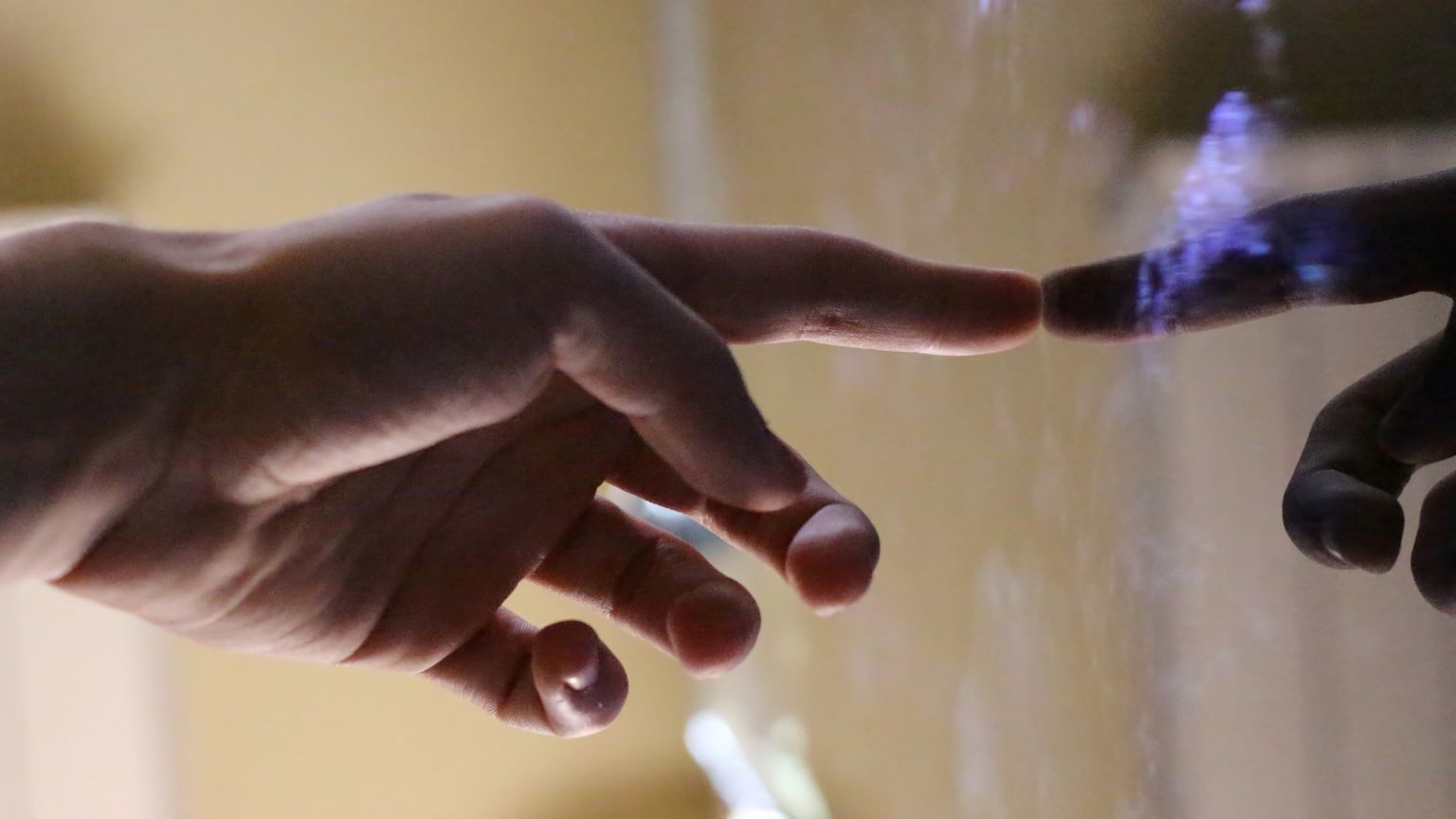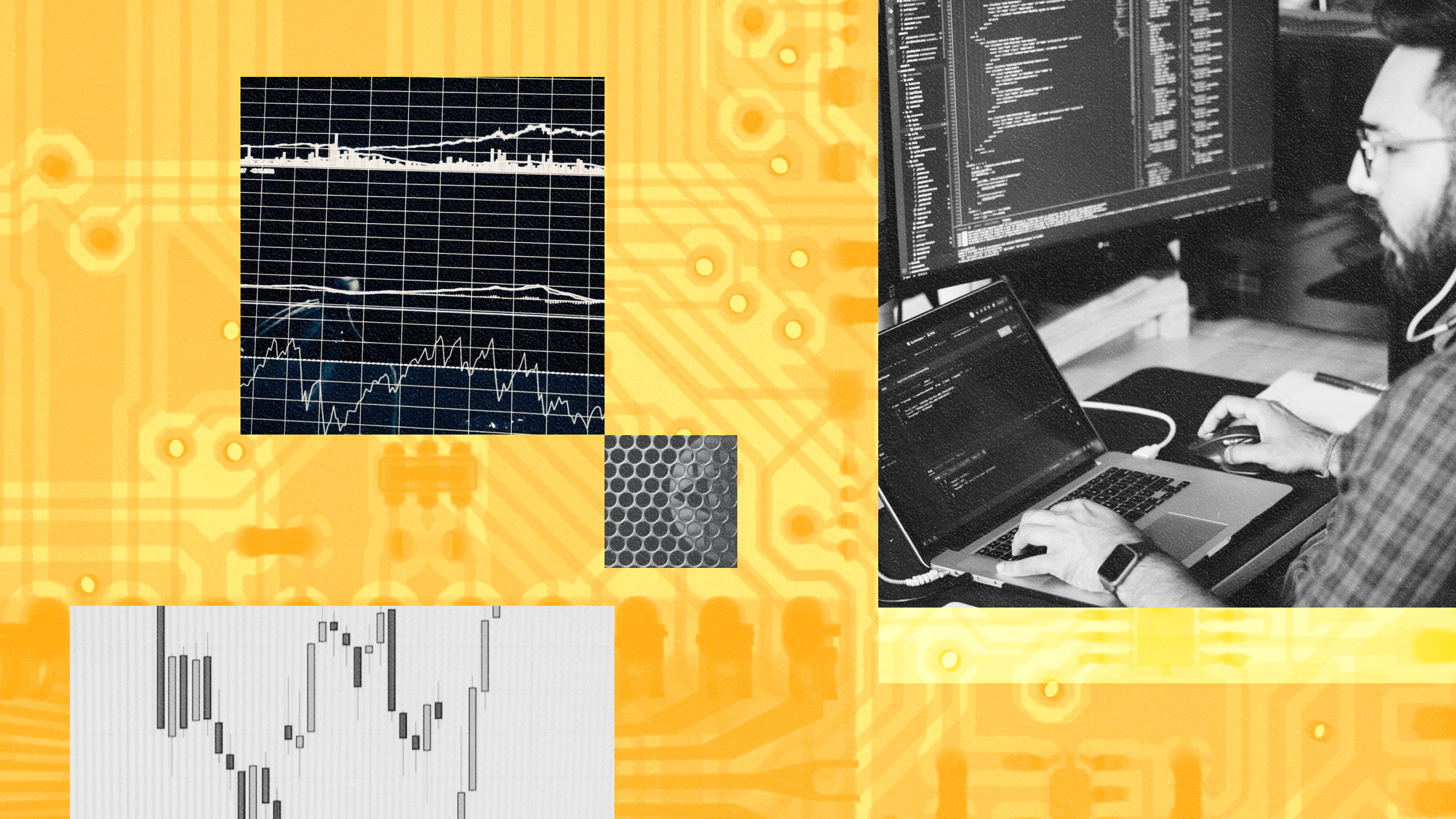NASA has finally chosen which flagship mission, like Hubble and JWST, will launch in ~2040. Detecting alien life is now a reachable goal.
Search Results
You searched for: Robots
Welcome to The Nightcrawler — a weekly newsletter from Eric Markowitz covering tech, innovation, and long-term thinking.
Inspired by the group behaviors of simple animals, a team of roboticists has developed a new way for swarm robots to maneuver on land.
Unfortunately, the Lunar Ark project is an idea more at home in science fiction than science fact.
To know how to protect its astronauts, NASA needs to first understand the threat.
Acclaimed writer Mauro Javier Cárdenas used AI in his latest work to surprising effect.
The most technically impressive feats of animation often strike us as eerie instead of impressive, and it’s all thanks to the uncanny valley.
The U.S. economy is creating thousands of new jobs each month–and overwhelmingly, most of them go to people with education beyond high school.
▸
with
Artificial general intelligence will not arise in systems that only passively receive data. They need to be able to act back on the world.
Giving speech to the speechless.
“In that conversation with Laozi’s text, I began to see the shape of my own life, the questions that opened seams, the patterns that pooled and shimmered.”
There’s nothing like the end of the world to make you a philosopher.
Evidence shows that “centaurs” — human–AI teaming — produce better performance than either people or software can achieve alone.
Its creators hope the technology will help people meaningfully connect with the external world.
Rhetorical mastery is within everyone’s reach — equipped with some basic techniques you can rock it like Aristotle.
The famous social robot is about to start rolling off the assembly line.
A true scientific view of if, where, and when extraterrestrial life exists is within our grasp thanks to biosignatures and technosignatures.
Until robots understand jokes and sarcasm, artificial general intelligence will remain in the realm of science fiction.
Large language models are an impressive advance in AI, but we are far away from achieving human-level capabilities.
Acting “little and often” has huge consequences and they’re not always good — but awareness yields solutions.
These scrolls are the only remaining intact library of ancient Rome — and they will crumble at a touch.
The so-called “court painter of Silicon Valley” was shaped by her youth in communist Poland but looks forward to a future ruled by celebrity robots.
Drones have a lot to learn from the landing abilities of birds.
Dennis Klatt developed trailblazing text-to-speech systems before losing his own voice to cancer.
The emergence of life in the universe is as certain as the emergence of matter, gravity, and the stars. Life is the universe developing a memory, and our chemical detection system could find it.
An elaborate device called the Mechanical Turk defeated Benjamin Franklin and Napoleon Bonaparte at chess. Edgar Allan Poe revealed the hoax.
Can electrical stimulation meaningfully substitute for natural touch during a complex task in the real world? We think so.
Big Think spoke with AI expert Nick Jennings about the future of regulating fast-evolving AI.
While we’re busy wondering whether machines will ever become conscious, we rarely stop to ask: What happens to us?
Business advisor Michael C. Fillios has developed a repeatable playbook for small- and medium-sized businesses (SMBs) to add value from technology.

